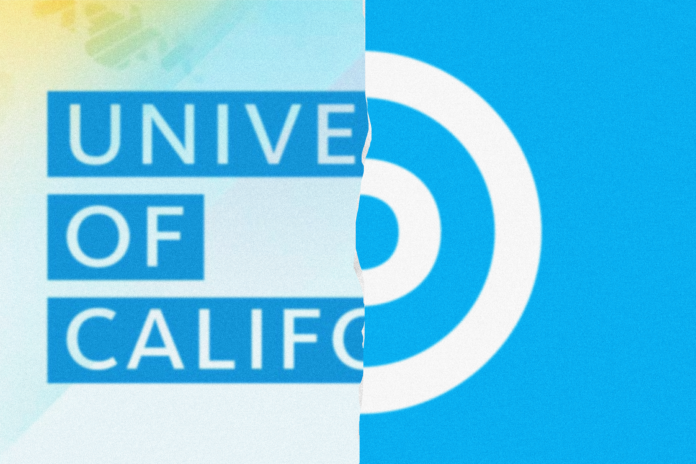Students, staff discuss whether political ideology leaks into classroom environment
A recent report showed that the majority of individual political contributions from individuals associated with the UC, as well as contributions made by UC political action committees (PACs) go to Democrats. This opened up a discussion about whether political ideology has leaked into the classroom setting and influenced students’ educational experiences.
The report, published by Open Secrets — a group that falls under the Center for Responsive Politics, a nonprofit, non-partisan research group — analyzed political donations from the 2018 election cycle. During the 2018 election cycle, UC-affiliated donors contributed $3,437,446 to Democratic congressional candidates and $78,727 to Republicans.
The political candidate who received the largest amount of funding from UC PACs or individual employees was Beto O’Rourke who unsuccessfully ran against Ted Cruz for the position of Texas state senator.
The study specified that donations are not on behalf of the UC as an institution but rather by UC PACs and individual employees.
Ryan Gardiner, a third-year political science — public service major, and current chair of the Davis College Republicans (DCR) said he was not surprised to find out that contributions overwhelmingly go toward Democratic candidates and said the political ideology of UC faculty has affected his educational experience.
“There are instances where [… ] what [professors] choose to teach is geared towards their point of view, and I think that gets a little tiring when it really is only coming from one side,” Gardiner said. “It’s not just Republicans that suffer, everyone suffers when you don’t hear from the other side.”
Aaron Latta, a fourth-year political science major and the executive director of the Davis College Democrats, had a different take on how political ideology comes into play in classroom settings.
“Political donations are not evidence of partisan indoctrination on our campuses,” Latta said. “On campus, there are hundreds of registered student organizations all servicing various ideals, creeds and missions.”
Latta also added that he believes UC faculty and administration “go out of their way to be apolitical in the classroom.”
UC Davis Professor Christopher Hare studies American political behavior, working to better understand why people vote the way they do. Hare is a self-identified conservative. Hare mentioned studies which corroborate data suggesting that individuals associated with the UC donate largely to the Democratic party.
Certain industries and professions, such as those in motion pictures, media and academics, tend to skew politically left, while those employed in the industries like oil, construction and agriculture usually contribute to more conservative platforms, Hare said.
“It’s not a problem in and of itself that so many people out here are Democrats,” he said. “But when that starts to influence the curriculum, it’s more negative than positive.”
Overall, Hare said he believes the UC Davis faculty and staff are more “fair-minded.”
Without the perspective of being a student, Hare could not comment on how professors’ political ideologies potentially impact the educational experience. Instead, he focused on the clear lack of conservative perspectives among faculty.
“It’s not that professors are trying to keep conservative ideas out, it’s just that there’s not a lot of ecosystem here so it’s difficult to present the other case when you’re not even aware of it,” Hare said. “When you’re having debates, even if you’re trying to be fair, it’s difficult if you haven’t been regularly exposed to some sort of thoughtful arguments on the other end. That can be quietly dangerous.”
Written by: Ally Russell — campus@theaggie.org






“When you’re having debates, even if you’re trying to be fair, it’s difficult if you haven’t been regularly exposed to some sort of thoughtful arguments on the other end. That can be quietly dangerous.”
It’s necessary to note, however, how many people choose to self-censor. Especially on campus, there is currency in being seen as a victim. Any idea to the right of Chairman Mao could be “called out” as some perceived slight, and exposure to thoughtful arguments are suppressed. As Jon Haidt points out, teaching to the “reasonable student” is no longer an tenable standard; teaching must be catered to the most sensitive student. The intellectual climate deteriorates and the bubble becomes self-reinforcing.